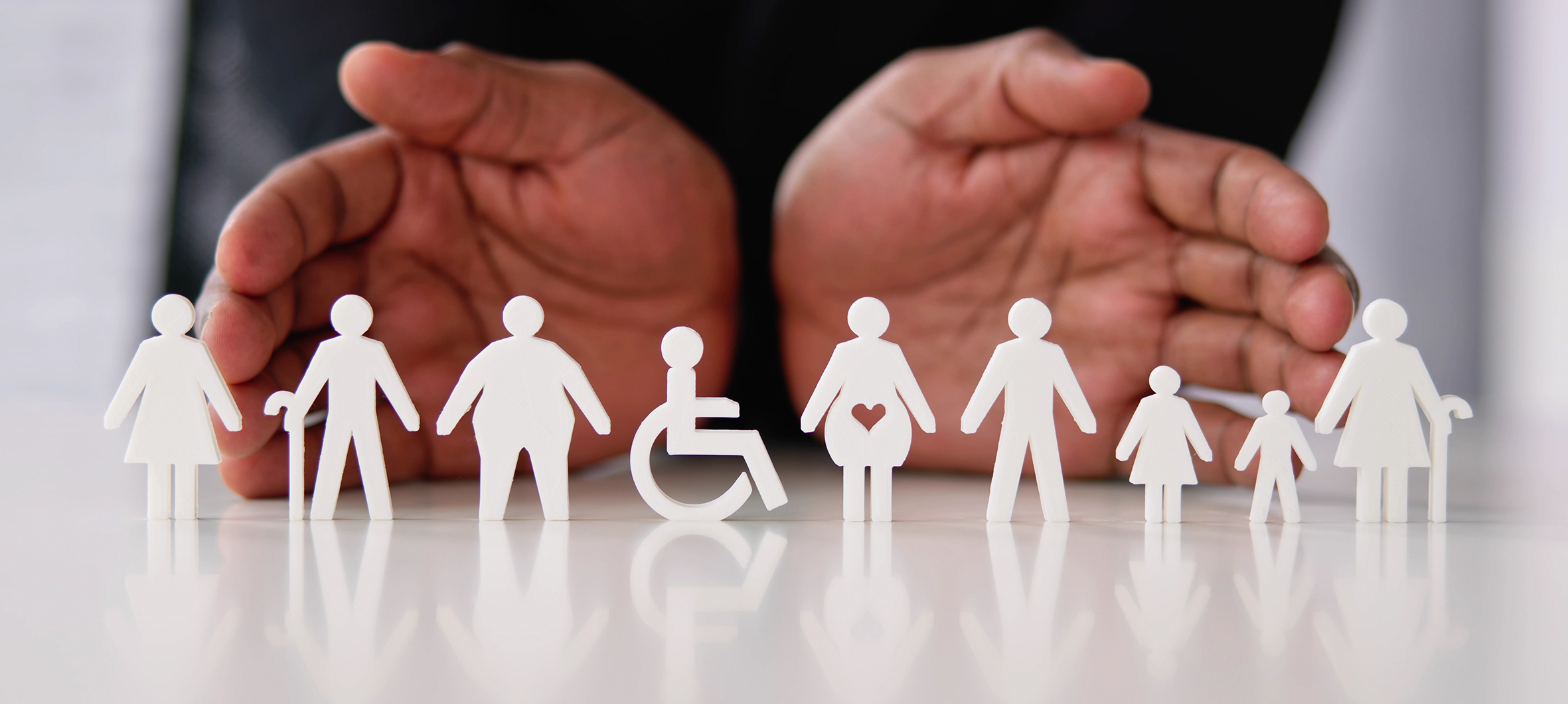Life with a disability presents its own set of challenges, but it doesn’t define the individual. As a supportive friend, family member, or caregiver, your role in assisting someone with a disability to lead a fulfilling and ‘normal’ life is essential. ‘Normal’ is a relative term, and by embracing a holistic approach, you can help create an environment that fosters independence, inclusion, and a sense of belonging for your loved one.
Understanding Their Journey
Empathy is the cornerstone of effective support. Take the time to truly understand their experiences, challenges, and aspirations. Every individual’s journey with a disability is unique and multifaceted, so approach their situation with an open mind and a genuine willingness to learn. This deep understanding forms the basis of meaningful support and ensures that your assistance is tailored to their specific needs, empowering them to thrive.
Facilitating Accessibility and Inclusion
Creating an environment that is truly accessible and inclusive is vital in helping your loved one feel not just included, but valued and embraced. It’s the small modifications like installing ramps, widening doorways or ensuring Braille signage that can make a world of difference in their daily lives. Additionally, advocating for their inclusion in social activities, education, employment, and community events is essential. By encouraging others to embrace diversity and providing opportunities for your loved one to actively participate, you contribute to a more inclusive society.
Exploring Suitable Housing Options
When it comes to assisting your loved one with a disability, addressing housing needs is a key factor. An ideal living situation should not only be physically accessible but also emotionally comfortable, and centrally located to vital amenities like healthcare facilities, workplaces, or educational institutions. Depending on their personal needs and preferences, options can range from independent living in a modified home, shared housing with other disabled individuals, or a residential facility with on-site services. There are also luxury disability housing options available that offer high-end amenities, advanced assistive technologies, and premium support services to enhance the quality of life for individuals with disabilities. Bear in mind that the goal is autonomy and inclusivity, so the chosen housing should foster their independence while providing the necessary support as required.
Empowerment through Education and Advocacy
Education is a powerful tool in dispelling misconceptions and breaking down barriers surrounding disabilities. Equip yourself with knowledge about their specific disability, available resources, and their rights. Become a passionate advocate for their needs, whether it involves navigating bureaucratic hurdles or championing policy changes to ensure equal opportunities and access to services. By amplifying their voices and advocating for their rights, you can empower them to fully participate in society.
Fostering Independence and Self-Reliance
Empowering your loved one to be self-reliant while providing assistance when needed is a delicate balance to strike. Encourage them to take charge of tasks within their capabilities, fostering a sense of autonomy, accomplishment, and personal growth. This empowerment not only boosts their self-esteem but also equips them with the confidence and skills necessary to navigate life with greater independence.
Emotional Support and Encouragement
Living with a disability can be emotionally taxing, and your unwavering emotional support can make a world of difference. Actively listen, show empathy, and validate their feelings. Celebrate their successes, no matter how small, and provide reassurance during challenging times. Your encouragement and positive reinforcement can significantly impact their mental well-being and help them overcome obstacles with resilience.
Building a Supportive Network
Encourage your loved one to build a network of support beyond immediate family or caregivers. This can include connecting with peers who are facing similar challenges, joining support groups, or engaging in community activities. These connections provide a sense of belonging, understanding, and solidarity, creating a supportive environment where they can share experiences, learn from one another, and grow together.
Embracing Flexibility and Patience
Flexibility is crucial in adapting to evolving needs and situations. Understand that some days might be more challenging than others, and be patient and understanding during setbacks. Approach each situation with adaptability and resilience, finding new strategies to overcome obstacles while offering unwavering support. Your flexibility and patience will help them navigate life’s ups and downs with grace.
Supporting a loved one with a disability to live a ‘normal’ life is a journey that involves understanding, patience, and relentless advocacy. It requires creating an accessible, inclusive environment while fostering their independence and self-reliance. By providing emotional support, advocating for their needs, and helping them build a supportive network, you can empower them to lead a fulfilling life. Remember, it’s not about doing things for them but enabling them to do things for themselves. Celebrate their achievements, no matter how small, and remind them that they are capable, valued, and loved.





